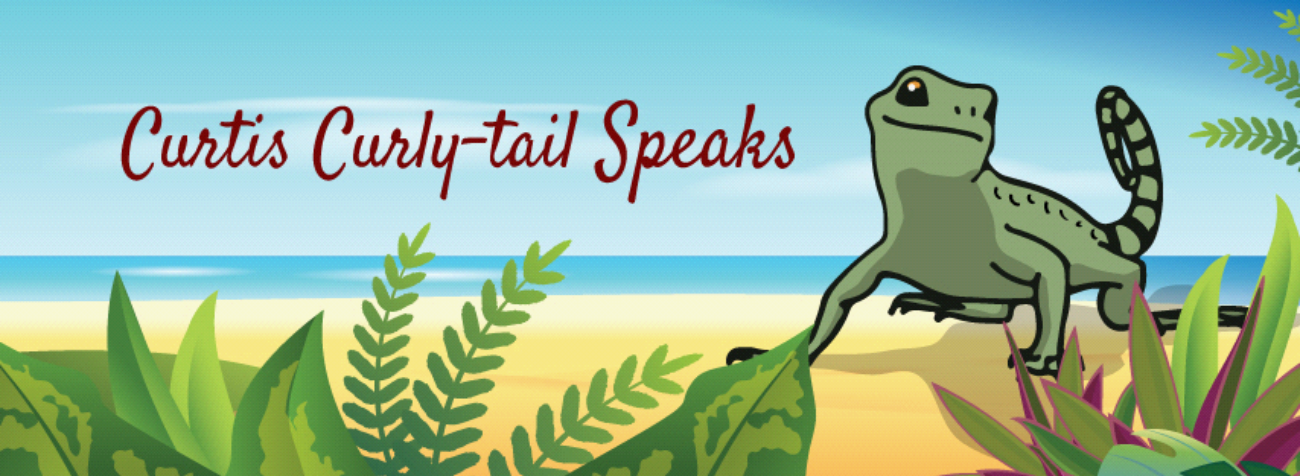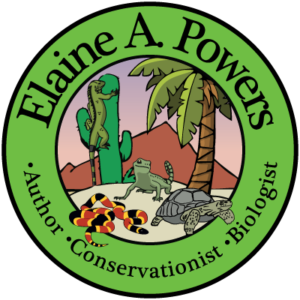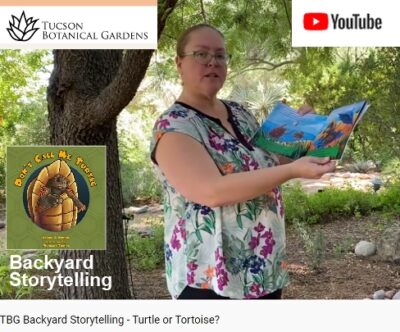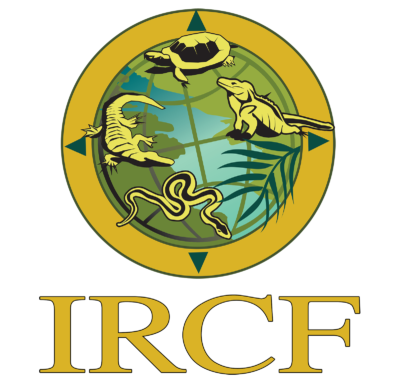Me Versus the Verse
I’m the president of a local poetry society. I’ve learned so much about poetry and the craft of writing poetry from the members. Many of them are genuinely skilled poets. However, the types of poetry they write and what I write are very different. I often call my kind of poetic, rhyming works “applied poetry.” I write rhyming picture books. Very few of the society poets’ poems rhyme. Sometimes, the poets compose more obscure forms of poetry, formats I’ve never heard of. Being in this group is very educational. Mostly, the poets write free verse. Note the term ‘verse.’ The poems are not called ‘free poetry.’ I’ll be discussing verse versus poetry in this blog.
Free to Be Me
I only write ‘free verse’ poems once or twice a year. Instead, I try to create educational and engaging rhymes for science-based children’s picture books. I firmly believe that picture books, for any age group, should rhyme. When selling my books at festivals, I mention that they combine scientific facts, poetry, and exquisite illustrations. (I do not do my artwork! I prefer to have more talented artists create the images to accompany my text.)
I became president not because of my writing skills but because of my willingness and experience in the operations of non-profit organizations as a volunteer.
During a recent meeting, the topic of verse came up. One opinion said that verse wasn’t poetry. It was merely verse. This perplexed me since my favorite book of poetry growing up was Robert Louis Stevenson’s Child’s Garden of Verses. Most of the poets said they were writing in free verse, and they were creating poems. So, I examined just what is meant by the term verse.
Versus the Verse
A verse is “writing arranged in short lines with a regular rhythm.” So, a line of verse has a metrical rhythm that often rhymes. A verse can be a single line or a group of such lines combined into a poem. Shakespeare usually wrote in verse. I’m writing in excellent company. My lines of verse are technically poems, I think.
There are several types of verse. I write rhymed verse. These lines have a definite meter and an end rhyme. The end rhymes have a set pattern. I like to have consecutive lines rhyme. Other poets like the rhymes to be on alternating lines.
Blank verse has a regular meter but no rhyming ends. The meter is usually iambic pentameter. Iambic pentameter’s pattern is ten syllables, with every other syllable stressed.
As the name implies, free verse has no fixed meter and no end rhyme.
The definition of a poem is writing that conveys emotions and thoughts in a structured manner. A verse is a single line or group of lines in a poem. Or a verse can be the poem itself. Confused? So am I.
Even more confusing is that a poem does not have to be composed of verses. For example, the structure of a poem may be a continuous flow of lines without definite line breaks or stanzas.
My books are written in verse, and the entire book is a poem. However, I do now know that the terms verse and poem are, in fact, different.
One last definition of the verse is as an insult. Calling writing merely ‘verse’ suggests it is ordinary, uninspired, or incompetent to be worthy of the term ‘poetry.’ I hope my books are verse because of the meter and rhymes and not another reason!
Whether you prefer poetry in free verse or rhymed verse, I do hope you’ll give my rhyming picture books a try!
To learn about our latest science-based children’s books and workbooks, to read our latest blog posts about reptiles, birds, cats, and gardening, in a variety of locations, and about how the books come to be, what inspires an author to write, and many more interesting aspects of the publishing business, fill in the box below and we will add you to our email list.
Thank you!



